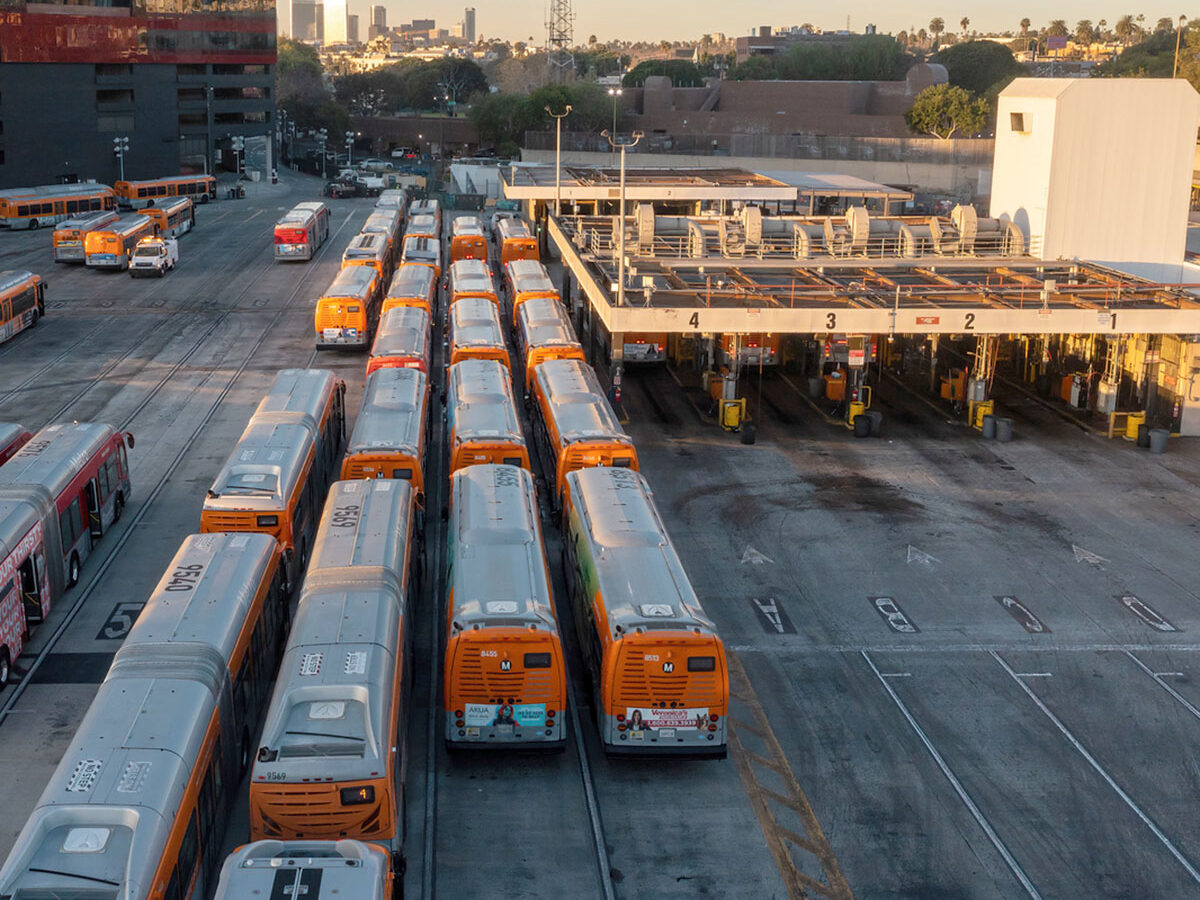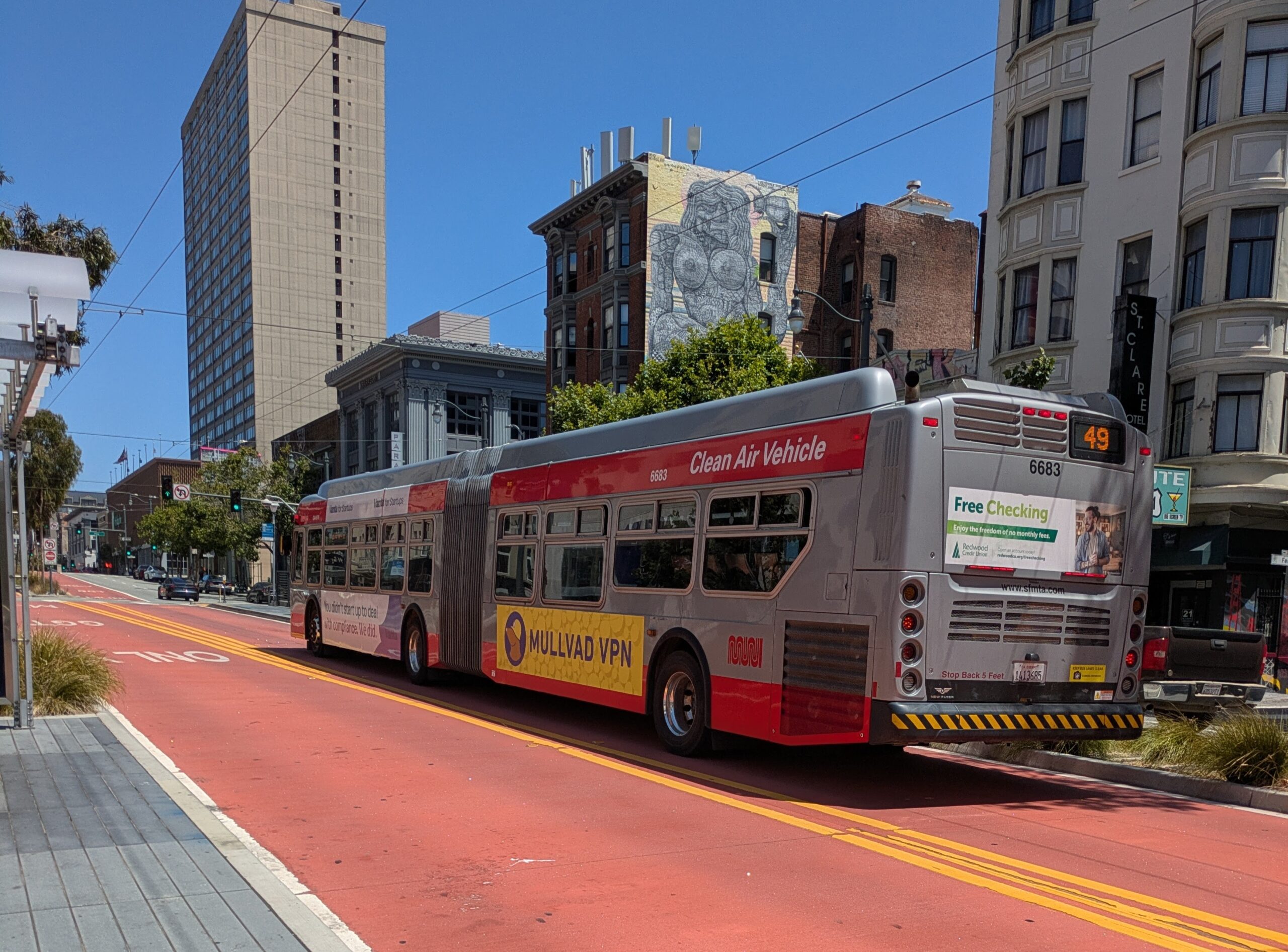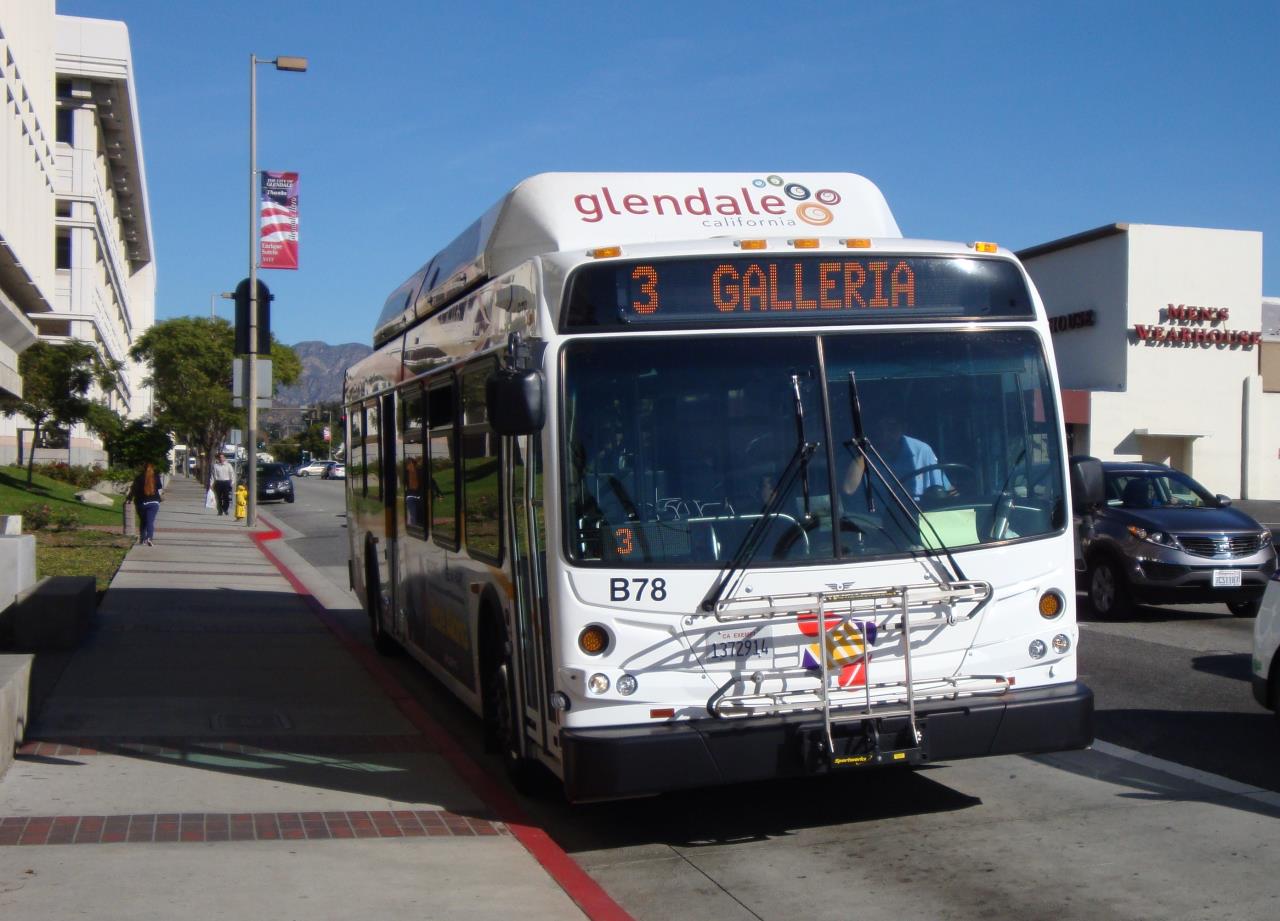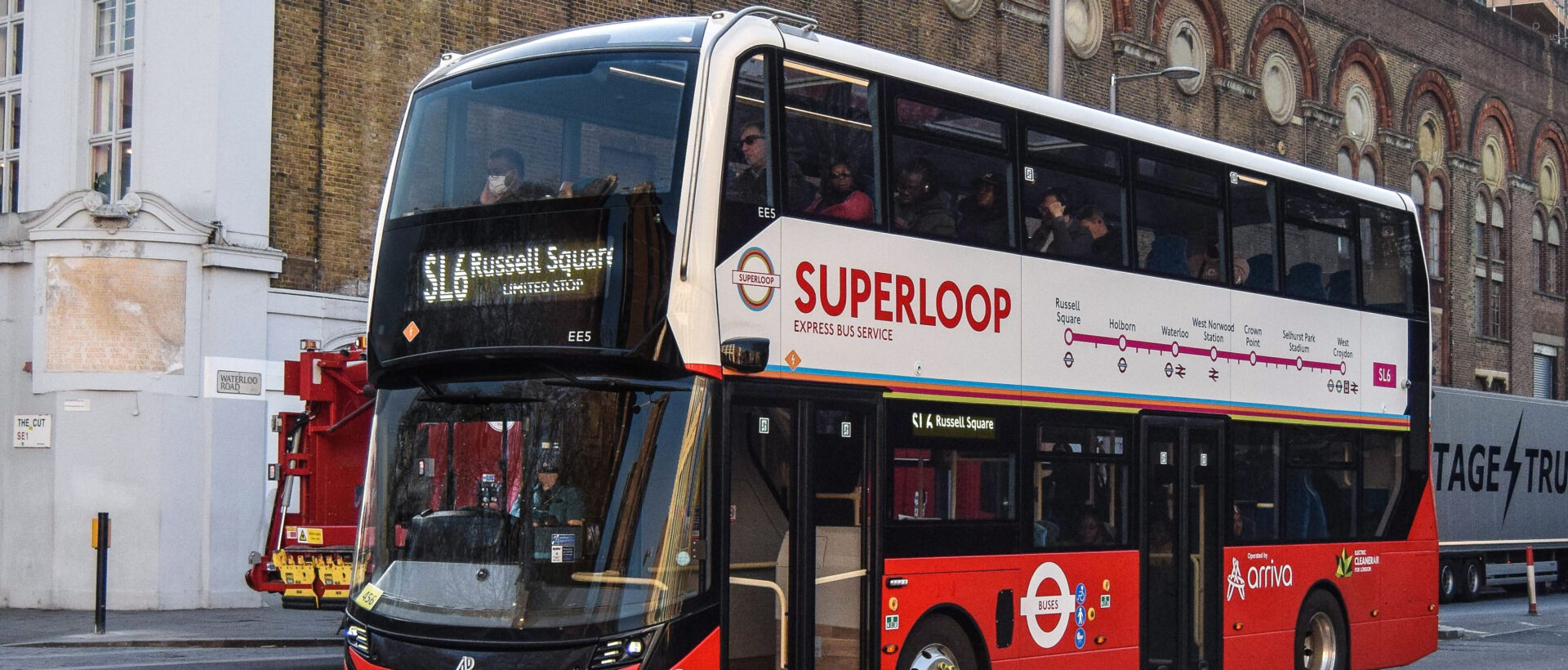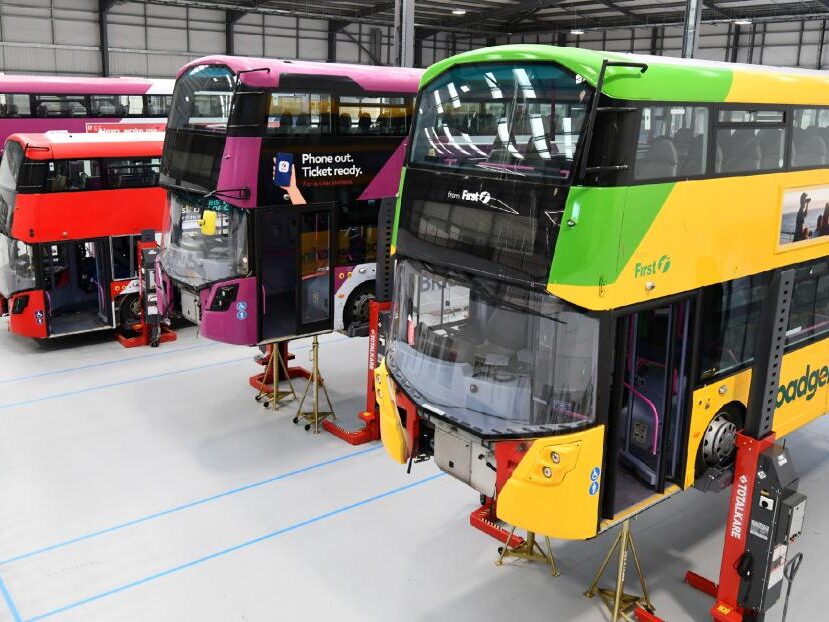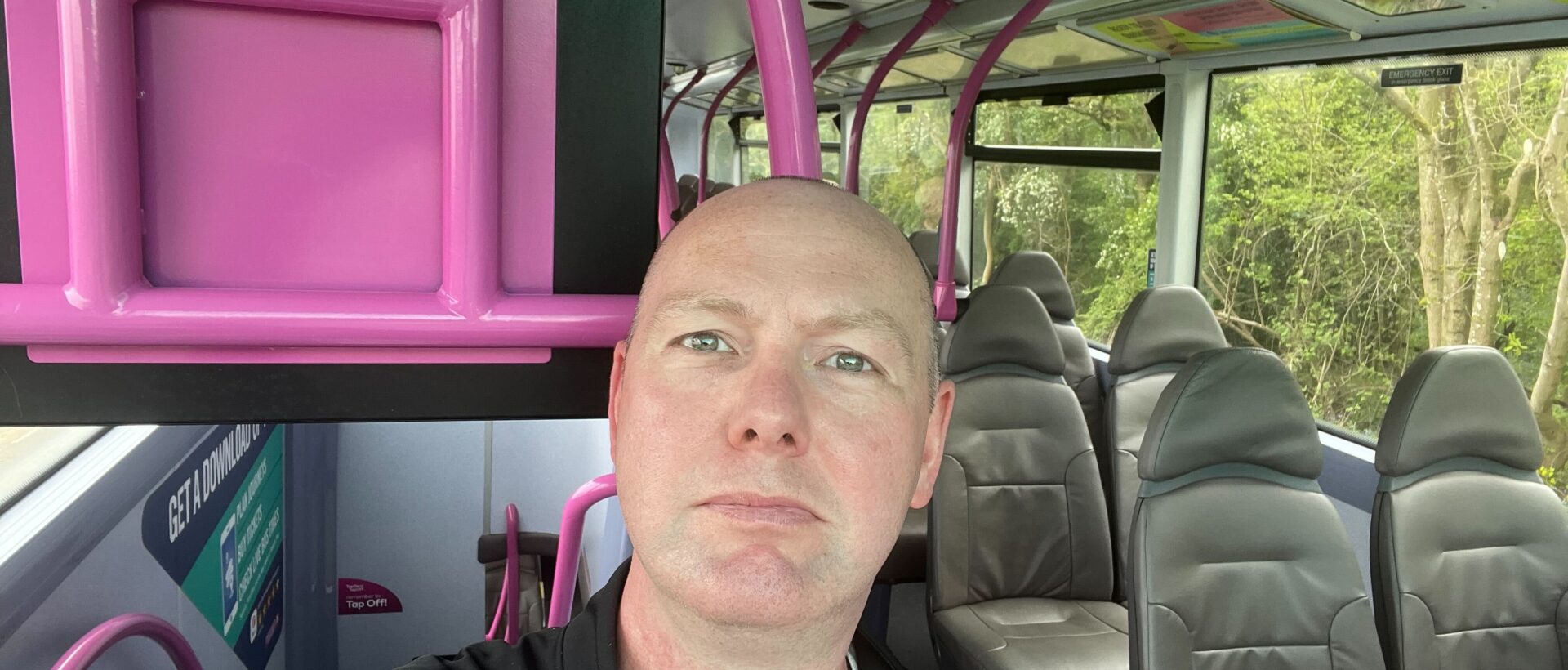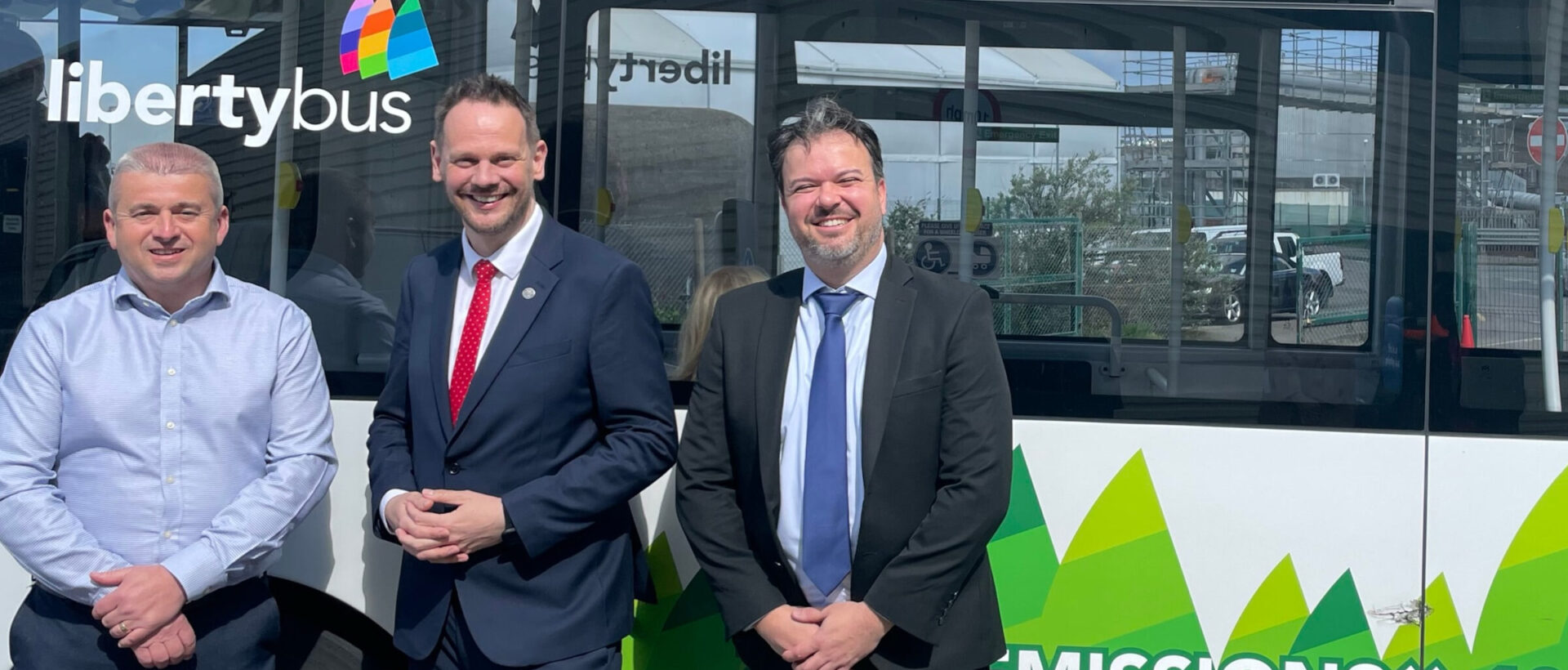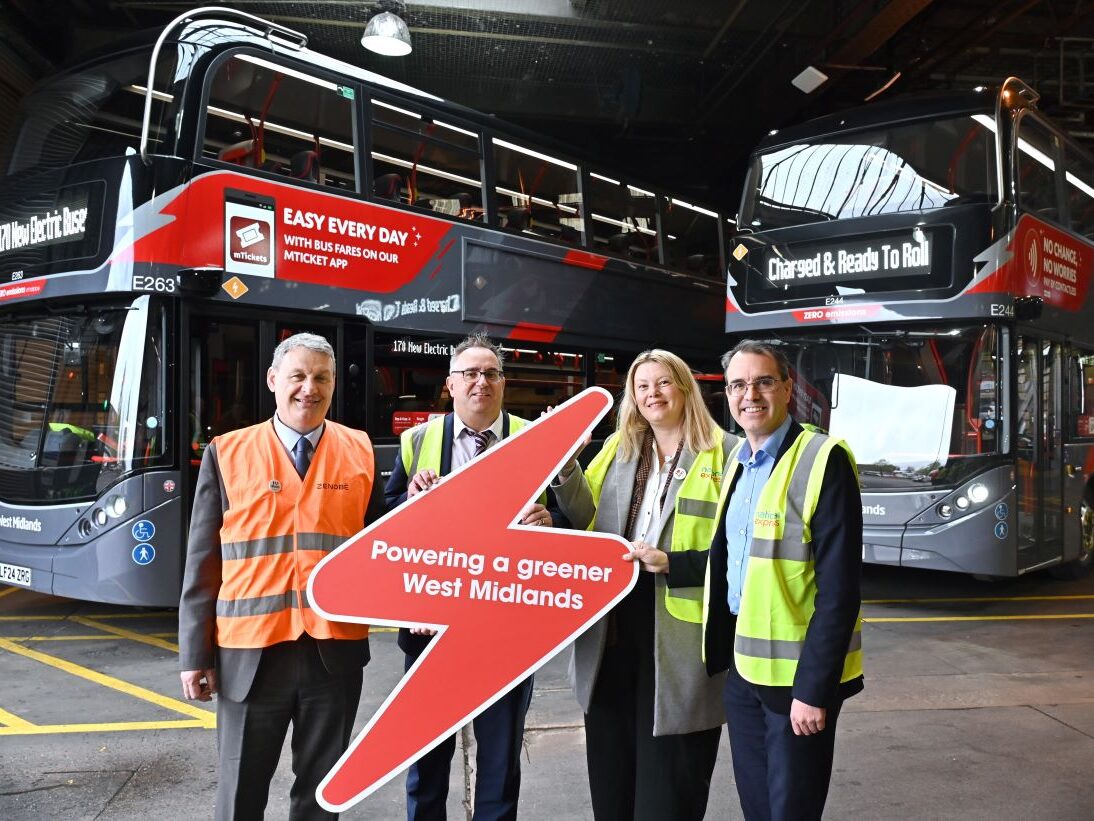Mayor of the West Midlands, Richard Parker, has signed an order to bring the region’s bus network under public control for the first time in nearly four decades.
The decision was confirmed today following a meeting of the West Midlands Combined Authority (WMCA) Board. It paves the way for the introduction of a franchising model that will gradually replace the current system, where services are operated by private companies with limited oversight from public authorities.
Initial franchised services are scheduled to launch in late 2027, with a full transition expected by 2029. Among the first new services planned is a direct Sprint route connecting Walsall and Solihull via Birmingham city centre.
Under the new model, Transport for West Midlands (TfWM), part of the WMCA, will be responsible for determining routes, fares, and service timetables. TfWM will then contract private operators to deliver the services, a model similar to that used in London. The aim is to create a network shaped around public need rather than commercial return.
Mayor Parker said:For too long, our buses have been run for private profits, not public good. Today, that changes.
The public have been clear - they want a better bus service under public control, and I’ve heard them loud and clear. I promised to take back control of our buses - and today’s decision shows we’re delivering on that promise.
The work is now underway, and over the next two years we’ll create a bus network that puts passengers first - reliable, affordable and run in the interests of the people that use them.
Buses are a key part of the region’s public transport offer, with around 236 million journeys made last year. The majority of public transport trips in the West Midlands are by bus. With ongoing concerns about congestion and air quality, the region’s leadership views a well-functioning bus network as a central element of its environmental and economic plans.
The new structure will divide services into nine local area franchises, with three introduced each year from 2027 to 2029. Additional single-route contracts will be made available to attract smaller operators, potentially increasing the number of companies involved in service delivery.
Public feedback gathered earlier this year indicated broad support for the change. Around 75% of those who responded to the consultation process backed the franchising approach, including many local authorities and bus operators.
Initial set-up costs are estimated at 22.5 million GBP over three years to cover planning and the development of the new structure. The WMCA already owns one bus depot in Walsall, and it is expected that a fleet of over 1,000 buses will be required. These could be procured through a combination of direct purchase, leasing, and borrowing backed by fare revenues or transport grants.
In parallel, TfWM will continue to invest in bus priority measures on key roads to improve journey times and service reliability. According to TfWM, every 1 GBP invested in bus services contributes 12 GBP to the regional economy.
The current private-led network has faced financial pressures in recent years, with an estimated 50 million GBP of public funding now used annually to keep services running. An independent audit commissioned last year concluded that franchising would deliver better value for money through increased competition, regardless of the level of public subsidy.
Antony Goozee, Bus Strategy and Commercial Director at National Express West Midlands, said:As a leading bus operator in the West Midlands, we take great pride in running bus services in the region, carrying more than 4.5 million passengers every week.
We recognise the ambitions of the Mayor and the West Midlands Combined Authority to significantly invest in the bus network and develop a new operating model that maximises value for public investment, enhances mobility, and supports economic growth across the region.
Our long-standing and successful partnership with Transport for West Midlands is something we greatly value. Drawing on decades of experience, we remain fully committed to working collaboratively to deliver high-quality bus services, supporting a smooth and effective transition to the new franchising model as well as continuing to improve our service excellence well into the future.
The move places the West Midlands among a growing number of English regions looking to bring greater public control to local bus networks.












